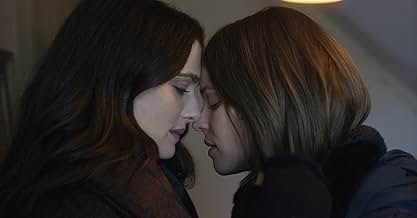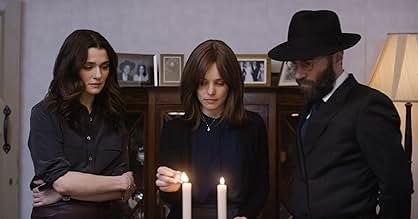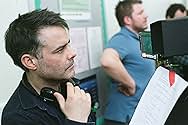Ronit (Rachel Weisz), a single middle-aged photographer, returns to England from New York following the death of her father, an esteemed ultra-Orthodox rabbi who had been the spiritual leader of this non-Hasidic congregation and its institutions. It immediately becomes evident that due to personal issues she had left the community at a very young age and never looked back. As the story develops, we learn that Esti (Rachel McAdams), now wife of Dovid Kuperman (the departed rabbi's chief disciple and heir apparent, played by Alessandro Nivola) had struggled with similar issues alongside Ronit in their youth but had chosen a drastically different method of coping.
With Ronit's return, old sentiments are dredged up in a manner that upends the lives of all three in a community that simply has not developed tools for dealing with the full spectrum of matters involving private life, nature and choice that have in recent years become so normalized that we hardly lend them so much weight.
As each of the three struggle to cope with their issues, it becomes clear that there is a void in place of a guide in the doctrine of the community and that there is no one right way to cope with outlying struggles.
The directing of the picture and the portrayal of the three main characters is stellar. Aside from two seven-candle menorahs (which have no place in a Jewish home), this picture stands out as perhaps the most authentic portrayal of the ultra-Orthodox Jewish community in motion picture history.




























